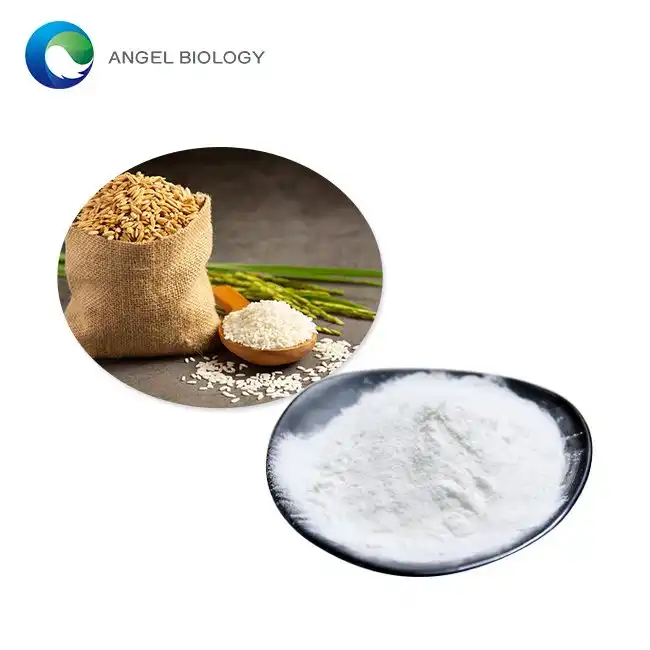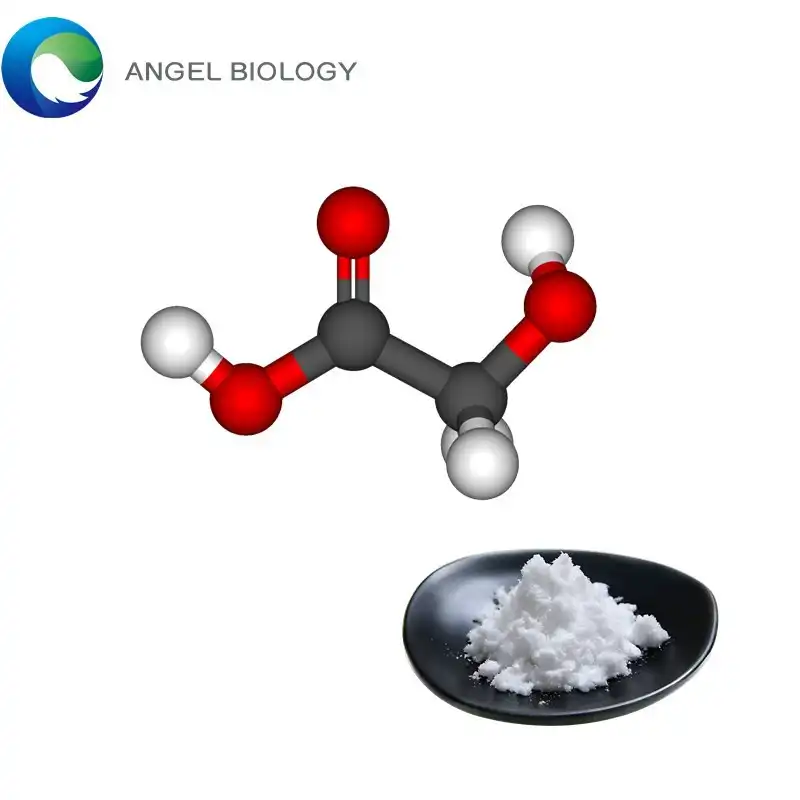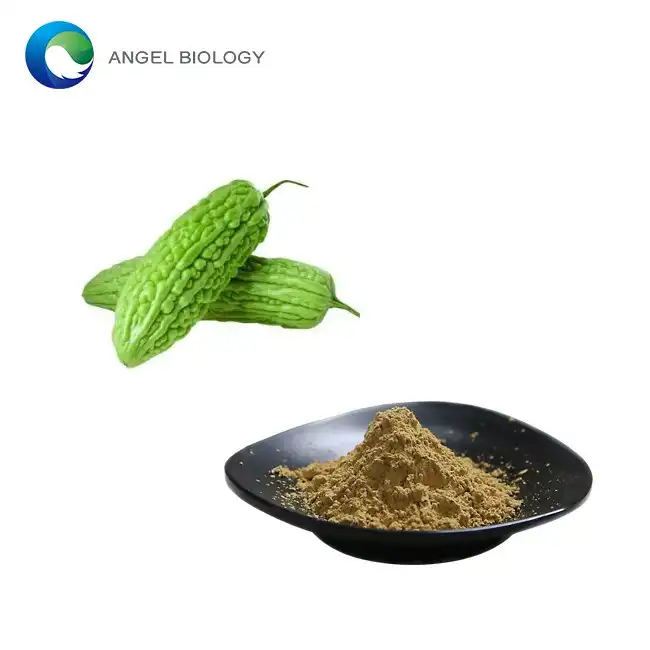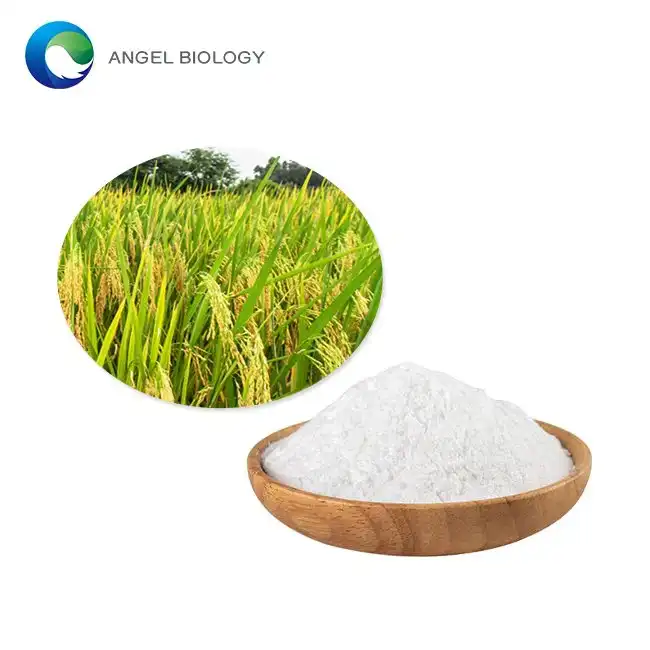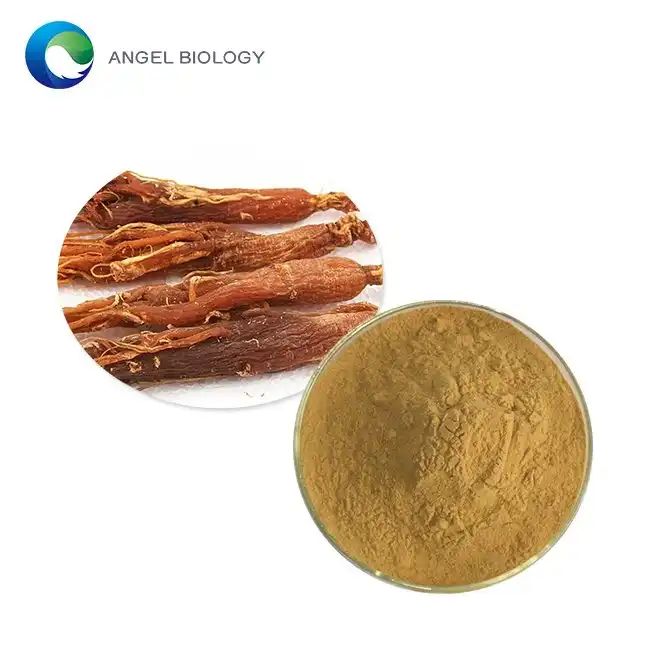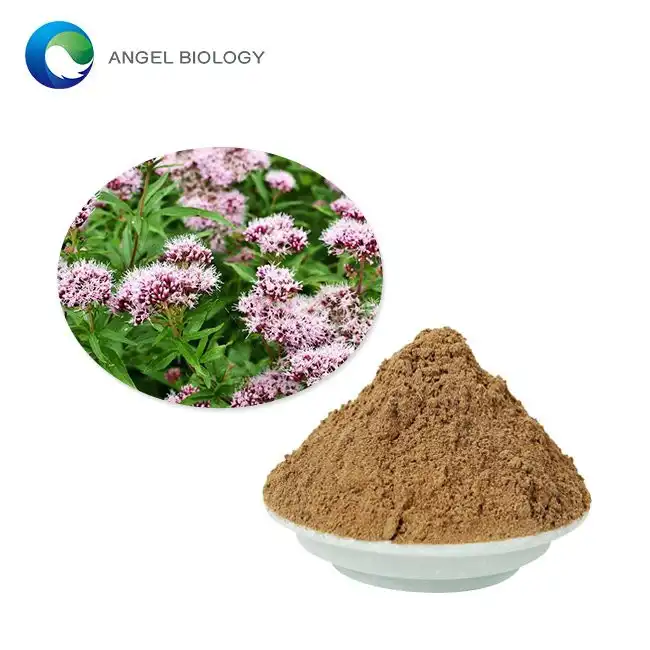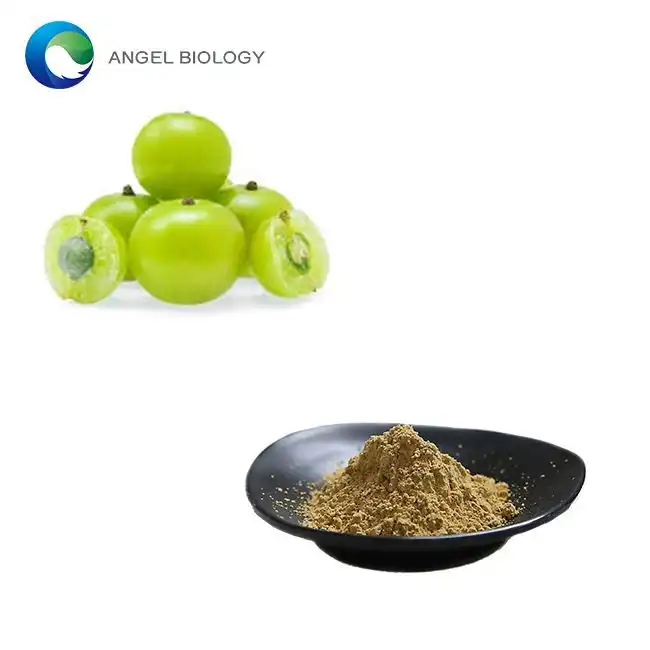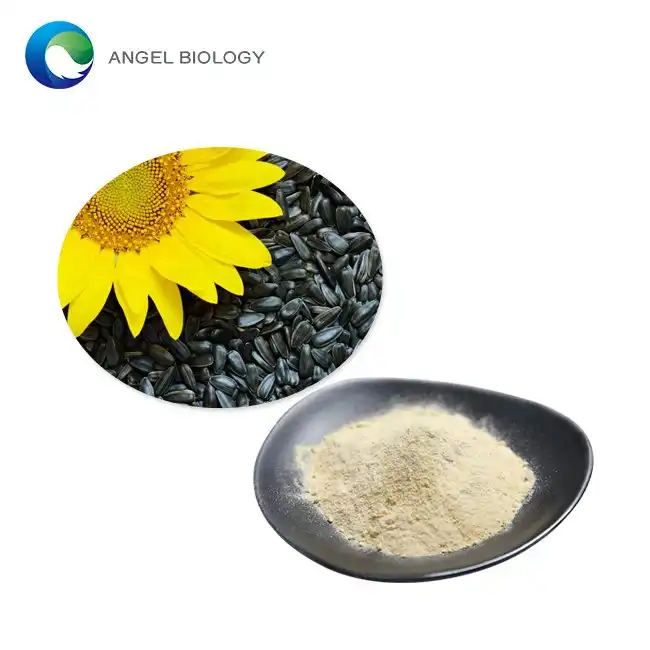Why Choose Natural Beta Carotene Powder?
In the world of nutritional supplements and food additives, beta carotene powder has gained significant attention for its potential health benefits and versatile applications. As consumers become more health-conscious and demand natural ingredients, the choice between synthetic and natural beta carotene has become increasingly important. This article delves into the reasons why natural beta carotene powder is often the preferred choice for many manufacturers and consumers alike.
What distinguishes natural sources from synthetic?
Natural beta carotene is derived from plant sources, while synthetic beta carotene is chemically produced in laboratories. This fundamental difference leads to several key distinctions:
- Molecular structure: Natural beta carotene exists in a mixture of isomers, predominantly all-trans beta carotene with some cis-isomers. Synthetic beta carotene, on the other hand, is typically composed of only the all-trans form. This variation in molecular structure can affect how the body absorbs and utilizes the compound.
- Bioavailability: Studies have shown that natural beta carotene is more readily absorbed by the body compared to its synthetic counterpart. This enhanced bioavailability means that lower doses of natural beta carotene may be required to achieve the same biological effects as higher doses of synthetic beta carotene.
- Accompanying nutrients: Natural beta carotene sources often contain other beneficial compounds such as additional carotenoids, vitamins, and minerals. These accompanying nutrients can work synergistically with beta carotene to provide a more comprehensive health benefit.
- Environmental impact: The production of natural beta carotene powder typically has a lower environmental footprint compared to synthetic manufacturing processes, which often involve petrochemicals and energy-intensive procedures.
- Consumer perception: With the growing trend towards clean labels and natural ingredients, products containing natural beta carotene are often perceived more favorably by consumers who are seeking healthier and more sustainable options.

Algal and fungal-derived natural powders
While many people associate beta carotene with carrots and other orange vegetables, some of the most potent natural sources come from microorganisms. Algal and fungal-derived beta carotene powders have emerged as superior alternatives to both synthetic and traditional plant-derived sources.
Algal sources: Certain species of microalgae, such as Dunaliella salina, are renowned for their high beta carotene content. These single-celled organisms can produce beta carotene in concentrations far exceeding those found in land plants.
Algal-derived beta carotene offers several advantages:
- High purity and concentration
- Sustainable and scalable production
- Minimal land and water requirements
- Year-round cultivation independent of seasonal variations
Fungal sources: Some fungi, particularly Blakeslea trispora, have been identified as excellent producers of natural beta carotene.
Fungal-derived beta carotene powders offer unique benefits:
- Consistent quality and composition
- Efficient production process
- Non-GMO options available
- Suitable for various dietary restrictions (e.g., vegan, kosher, halal)
Both algal and fungal-derived beta carotene powders provide manufacturers with natural, high-quality options that can meet the increasing demand for clean label products. These sources allow for the production of beta carotene powders with standardized potency and purity, making them ideal for use in dietary supplements, functional foods, and nutraceuticals.
Health & safety benefits of natural provitamin A
Beta carotene is a provitamin A carotenoid, meaning the body can convert it into vitamin A as needed. This conversion process is tightly regulated, which makes beta carotene a safe source of vitamin A without the risk of toxicity associated with preformed vitamin A supplements. Natural beta carotene powder offers several health and safety benefits:
- Antioxidant properties: Beta carotene is a powerful antioxidant that helps protect cells from oxidative stress and free radical damage. This antioxidant activity may contribute to various health benefits, including support for cardiovascular health, immune function, and skin health.
- Vision support: As a precursor to vitamin A, beta carotene plays a crucial role in maintaining healthy vision. It is particularly important for night vision and may help reduce the risk of age-related macular degeneration.
- Immune system enhancement: Beta carotene supports the immune system by promoting the production and activity of immune cells. This immune-boosting effect may help the body defend against various pathogens and environmental stressors.
- Skin health: Natural beta carotene has been associated with improved skin health and appearance. Its antioxidant properties may help protect the skin from UV-induced damage and support a healthy complexion.
- Safety profile: Unlike preformed vitamin A, which can be toxic in high doses, beta carotene is considered safe even at high intake levels. The body only converts beta carotene to vitamin A as needed, reducing the risk of vitamin A toxicity.
- Diverse applications: Natural beta carotene powder can be incorporated into a wide range of products, including dietary supplements, fortified foods, beverages, and even cosmetics. Its versatility makes it an attractive ingredient for manufacturers across various industries.
- Allergen-free: Natural beta carotene powders derived from algae or fungi are typically free from common allergens, making them suitable for individuals with dietary restrictions or sensitivities.
- Stability: Many natural beta carotene powders exhibit excellent stability during processing and storage, ensuring that the final products maintain their nutritional value and efficacy over time.
The choice of natural beta carotene powder over synthetic alternatives offers numerous advantages for both manufacturers and consumers. From enhanced bioavailability and a more comprehensive nutrient profile to improved consumer perception and environmental sustainability, natural beta carotene powders derived from algal and fungal sources represent a superior option for those seeking high-quality, effective, and safe provitamin A ingredients.
As the demand for natural and clean label products continues to grow, the importance of choosing the right ingredients becomes increasingly critical. Natural beta carotene powder not only meets these consumer preferences but also provides a range of health benefits that synthetic alternatives may not match.

Conclusion
The advantages of natural beta carotene powder are clear, from its superior bioavailability to its comprehensive nutrient profile and environmental benefits. As a leader in natural ingredient solutions, Angelbio is committed to providing high-quality, natural beta carotene powders that meet the evolving needs of the health food, nutritional supplement, and personal care industries.
Our state-of-the-art production facilities and rigorous quality control measures ensure that our natural beta carotene powders meet the highest standards of purity, potency, and safety. Whether you're formulating dietary supplements, functional foods, or cosmetic products, Angelbio's natural beta carotene powders can help you create superior products that resonate with health-conscious consumers.
Ready to elevate your products with natural beta carotene powder? Contact our team of experts today at angel@angelbiology.com to learn more about our offerings and how we can support your product development needs. Let's work together to create innovative, natural solutions that promote global health and well-being.
References
1. Johnson, E. J., & Russell, R. M. (2010). Beta-Carotene: From Biochemistry to Clinical Trials. Nutrition Reviews, 68(2), 69-82.
2. Stahl, W., & Sies, H. (2012). β-Carotene and other carotenoids in protection from sunlight. The American Journal of Clinical Nutrition, 96(5), 1179S-1184S.
3. Bohn, T. (2008). Bioavailability of non-provitamin A carotenoids. Current Nutrition & Food Science, 4(4), 240-258.
4. Ribeiro, B. D., Barreto, D. W., & Coelho, M. A. Z. (2011). Technological aspects of β-carotene production. Food and Bioprocess Technology, 4(5), 693-701.



